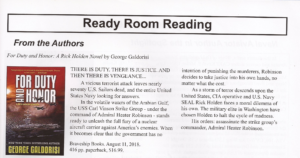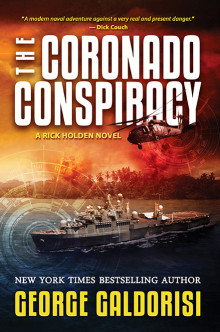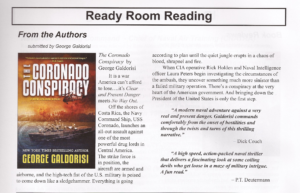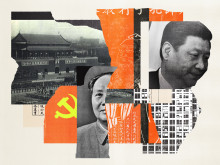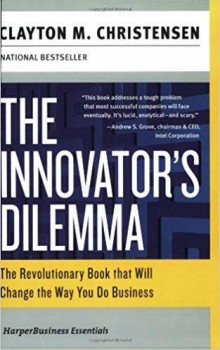Work Dilemma

While many of us “shelter in place” or practice social distancing at work, once this health crisis passes, we’ll all likely be back at work trying to catch up – and likely stressing out.
We will need to deal with co-workers again and in an environment where we are stressed and trying to catch up, manners can break down – big time.
I was taken by a recent piece in the New York Times. The title is self-explanatory: “Give Compassionate Feedback While Still Being Constructive.”
And the subtitle says more: “People want feedback that helps them grow and improve. But how you deliver it matters, too.”
Here is how it begins:
Imagine a company where directness is prized above all else. Managers deliver blunt, harsh feedback in the name of efficiency.
Now, imagine another company with a very different culture. Here, directness is nowhere to be found. Managers are accommodating and kind, overlooking mistakes or issues so as not to hurt feelings.
What’s the problem with each? The first creates a toxic culture of brilliant jerks that drives people out and eats itself from within. The second ignores issues until they build up and affect business metrics.
We have all seen these companies in the news, as a trending topic or even firsthand. You may be at one now! But it’s when we combine directness and compassion that we create a culture in which people can truly thrive at work.
At Thrive Global, the behavior-change tech company I founded, we call this compassionate directness. It’s our core value — the one that fuels all the others.
Compassionate directness is about empowering employees to speak up, give feedback, disagree and surface problems in real time. But it has to be done with compassion, empathy and understanding. It’s what allows us to course-correct, improve and meet challenges while also building teams that collaborate and care for one another.


